Indonesia says it will regulate Kratom cultivation and Export
JAKARTA, June 20 (Reuters) – Indonesia announced on Thursday plans to regulate the Kratom cultivation and export, a substance praised for its relieving properties but listed as a drug of concern by the U.S.
Moeldoko, the president’s chief of staff, highlighted that the new controls on kratom cultivation, a native Southeast Asian tree leaf, aim to improve product quality. “Several of our exporters faced rejections due to contamination,” he stated.
In the Indonesian region of Borneo, kratom has been grown and consumed for generations as a traditional remedy for various ailments. The leaves are also widely cultivated, sold, and exported across Southeast Asia.
However, the U.S. Food and Drug Administration (FDA) equates kratom’s effects to those of narcotics such as opioids. It is listed as a “drug and chemical of concern” and is not approved for any medical use.
President Joko Widodo has tasked the national research agency BRIN with investigating kratom cultivation and consumption, particularly its dosage, according to Moeldoko. The upcoming regulations will also restrict the number of companies permitted to export kratom to ensure quality standards.
Despite prohibitions in some countries, Moeldoko noted that at least 20 markets, including the United States, have expressed interest in importing Indonesian kratom.
Agriculture Ministry Awaits Regulation on Kratom Cultivation
Jakarta (ANTARA) – The Ministry of Agriculture is currently awaiting the implementation of a regulation on kratom plants (Mitragyna speciosa), which are known for their medicinal benefits but also have reported psychoactive properties.
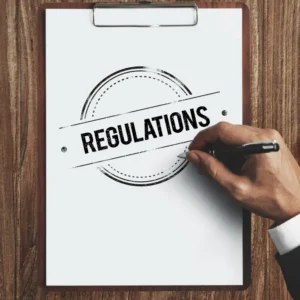
Regulatory support for the kratom cultivation trade industry Indonesia
President Joko Widodo chaired a cabinet-level meeting in Jakarta on Thursday to discuss the governance, trade, and legality of kratom.
“We discussed kratom plants,” remarked Agriculture Minister Andi Amran Sulaiman. “While they are categorized as a forest plant, we suggested including cultivation in the regulation to enhance their economic value and quality.”
The meeting also addressed the decline in kratom prices due to various factors, including product quality and distribution.
Sulaiman indicated that once the Ministry of Agriculture takes on the responsibility for kratom governance, it will issue guidance for farmers and establish an entity to ensure export quality.
“If a cooperative manages it, then both the quality and quantity for export can be guaranteed,” he stated.
With clear regulations in place, Sulaiman noted, the kratom cultivation could be further developed given its significant economic potential. Wholesale Prices, which once reached $30 per kilogram, have now dropped too low to properly cultivate and sustain the kratom cultivation industry.
The government’s discussion on kratom governance was prompted by complaints from the community, especially the 18,000 families in West Kalimantan facing difficulties in exporting kratom.
The National Narcotics Agency (BNN) confirmed that the use of kratom is not currently regulated under the Narcotics Law, meaning its utilization is not restricted by any existing laws, including local regulations. The BNN also advises against kratom use until research complete.
Indonesia has implemented new regulations on kratom cultivation and export to manage and control the growing industry. These regulations aim to address concerns about the environmental impact, quality control, and international trade of kratom, a plant used for its medicinal and psychoactive properties.
6 Key Aspects of the New Regulations
- Licensing and Registration: All kratom cultivators and exporters in Indonesia are now required to obtain official licenses and register with the government. This move is intended to ensure that only authorized and regulated entities are involved in the production and export of kratom.
- Quality Control: The new regulations mandate stringent quality control measures. This includes testing kratom products for contaminants such as heavy metals, pesticides, and microbial impurities. Only kratom that meets the required standards can be exported.
- Sustainability and Environmental Impact: The Indonesian government is placing a strong emphasis on sustainable kratom cultivation practices. Farmers are required to adopt environmentally friendly methods to prevent deforestation and soil degradation. Additionally, there are restrictions on the areas where kratom can be grown, particularly in protected regions and rainforests.
- Export Restrictions and Quotas: To regulate the amount of kratom being exported, the government has introduced export quotas. These quotas are intended to prevent over-harvesting and ensure that the domestic supply is not compromised.
- Traceability: The regulations include a traceability system to track kratom from cultivation to export. This system is designed to prevent illegal trade and ensure that all kratom exported from Indonesia is sourced from licensed and registered farms.
- Penalties for Non-Compliance: The Indonesian government has established strict penalties for those who violate these regulations. Penalties can include fines, revocation of licenses, and legal action.
Indonesia imposes a ban on kratom plant exports
JAKARTA, Sept. 10 (Xinhua) — The Indonesian government officially implemented a ban on kratom plant exports starting Monday, aiming to enhance the commodity’s added value.
Isy Karim, Director General of Foreign Trade at Indonesia’s Ministry of Trade, stated that the decision was made during an internal meeting with President Joko Widodo.
“During the meeting, it was decided that kratom exports must adhere to specific standards to boost added value and provide legal certainty. We believe this new policy will increase the marketability of Indonesian export products,” Karim explained in a statement.
He further mentioned that the policy is intended to prevent kratom misuse and curb illegal exports of Indonesian plant commodities. “I hope business operators will comply with this regulation to help improve the Indonesian economy,” he added.
Based on our current understanding, the export of crushed leaf kratom from Indonesia will be prohibited. Crushed leaf is the primary form of kratom used for extract production, as the particle size plays a crucial role in the extraction process. Using powdered kratom for this purpose is challenging.
We are closely monitoring this developing situation and will provide updates as more information becomes available. It is anticipated that a tariff will be implemented along with a mandatory minimum wage for kratom farmers, which is expected to raise global wholesale prices. In the initial six months, it seems that only a limited number of exporters will be granted licenses.
Establishing a minimum wage for kratom farmers could be beneficial. However, the impact on the lives of kratom farmers and consumers will ultimately depend on how Indonesia chooses to regulate kratom cultivation.
We will continue to keep you informed as we learn more, as this is a fluid situation.
Impact of Kratom Cultivation & Export on the Kratom Industry
These regulations are expected to have a significant impact on the kratom industry, both in Indonesia and globally. On one hand, they could lead to a more stable and sustainable industry by ensuring high-quality products and reducing environmental harm. On the other hand, the increased regulatory burden might pose challenges for small-scale farmers and exporters, potentially leading to higher prices and reduced availability in the international market.
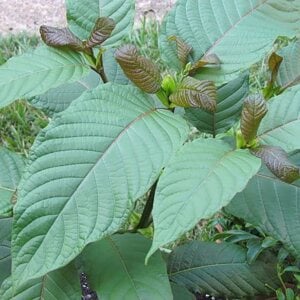
We will be keeping a close eye on our raw material costs and, as a result, will need to adjust our prices accordingly to account for the tariffs and increased expenses from Indonesia.
These developments are particularly important for countries that import kratom, as they may see changes in the supply chain and increased pricing due to Indonesia’s new regulatory framework.

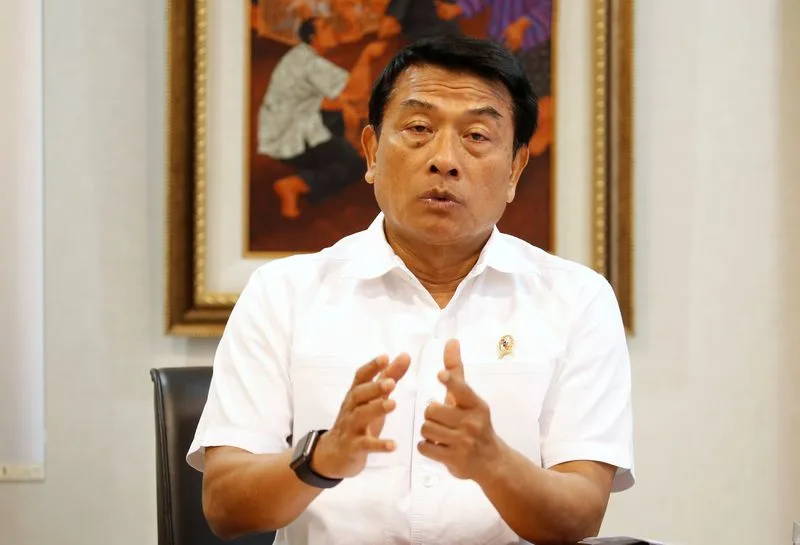
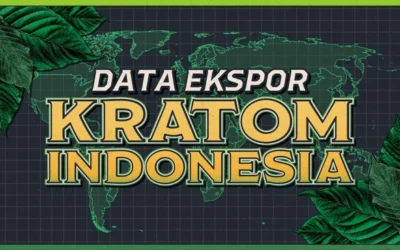

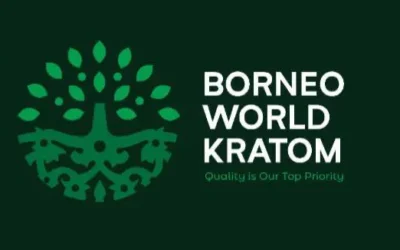
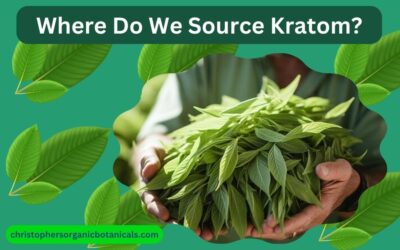
0 Comments